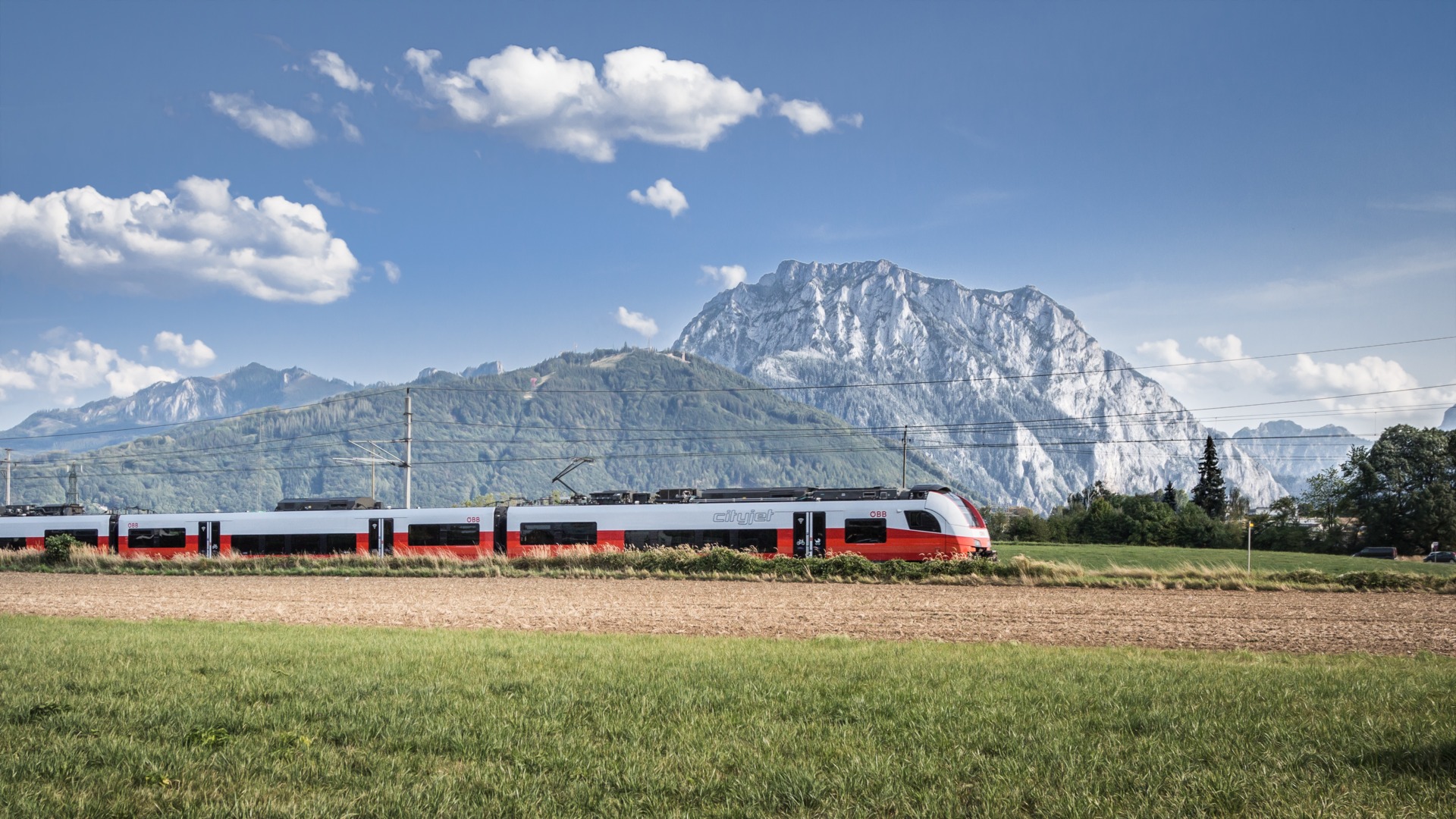From Brussels to Budapest. The European Rail Supply Industry Association (UNIFE) has high hopes that the incoming EU Hungarian Presidency can put rail first „through focus on competiveness and investment”.

Photo: ÖBB/Bernhard Kriechbaum
Reducing administrative burdens, driving growth and ensuring opportunities to create jobs through investment in Europe’s rail, are opportunities for the Hungarian Government to lead the way as it takes the Presidency of the Council of the EU from Belgium.
UNIFE welcomes the incoming Presidency
UNIFE welcomes the incoming Presidency, as Hungary is in a strong position to pick up from where Belgium successfully leads off, departing after driving an influential and commendable pro-rail agenda.
On top of Brussels Declaration in April – where all European transport ministers co-signed a pledge to ‘Make Rail Transport the Backbone of European mobility’ during the upcoming EU legislature – the Belgian Government worked to ensure conversations, targets and policy plans around boosting rail freight, improving investment opportunities and developing strategies around vital programs such as Night Trains.
The Hungarian Government’s priorities – such as promoting competitiveness through a ‘New European Competitiveness Deal’ – has the potential to drive productivity gains, stimulate growth and ultimately create ongoing and stable jobs in communities right across Europe.
The European Rail Supply Industry remains ready to support and suggest a range of reforms, which could unlock sustainable growth conditions across the EU and in turn further grow the rail supply industry.
Further to this, focus on the future of Cohesion Policy is an ample opportunity to ensure regions across Eastern and Southern Europe can benefit from investment in new rolling stock and ERTMS technology, which can create jobs, transform rail services and improve the quality of life for Europeans in these regions.
With investment in this technology, digitalisation can further drive and ensure enhanced cybersecurity on European railways, which will protect and secure the continent through innovative means.
UNIFE also welcomes constructive discussions on demographic challenges, as skills shortages in the European Rail Supply Industry continue to create challenges for the industry.
During this Presidency, recommendations from the rail sector’s STAFFER Program in October may also serve as a blueprint for a range of industries to address their respective skills shortage challenges, as policymakers develop more long-term solutions.
“The passing of the Presidency baton from Belgium to Hungary comes at a critical time, and we have to take this opportunity to address how Europe conducts business both at home and abroad.
The Hungarian Government’s agenda – if engaged with constructively – can get the new European legislative term off to the best start possible by aiming to cut administrative burdens, boosting competitiveness and driving investment in rail infrastructure.
I personally want to thank the Belgian Government, in particular to Georges Gilkinet, Deputy Prime Minister and Minister of Mobility, for their efforts over the last six months. Their efforts to centre rail as a job creator and common-sense way to reduce emissions should be acknowledged” – UNIFE Director General Enno Wiebe.
Share on:



